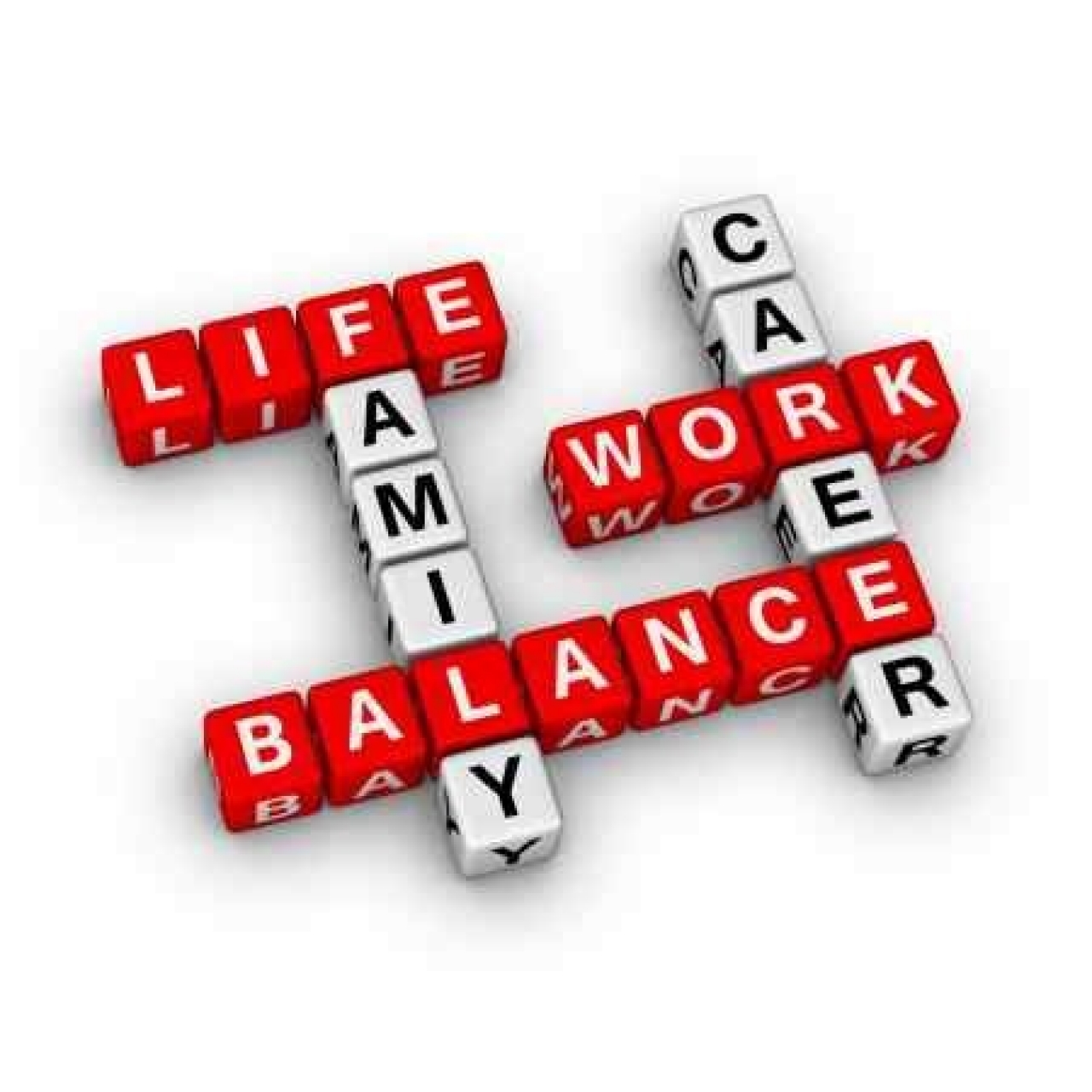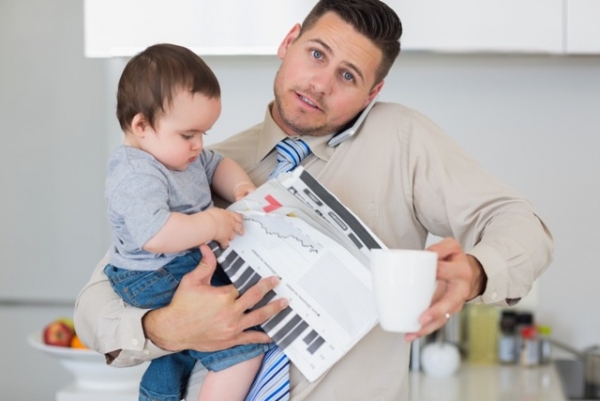According to the latest Gender Gap Index from the Geneva-based World Economic Forum, Iceland is the best place on the planet to be a woman. In fact, as has been the case for many years, it was Nordic nations in general who came out as leading the world when it comes to promoting equality of the sexes, with Iceland, Finland, Norway, Sweden and Denmark occupying the top five positions in the table while Yemen, Pakistan and Chad remained at the bottom of the index. The study, which ranks countries based on data reported by international organizations on four key categories: health and survival, access to education, economic opportunity and political participation put the USA at 20th a jump of three places thanks largely to a narrowing wage gap and more women occupying political office. And what of us, how does the UK, birthplace of the suffragette movement, rank when it comes to treating both sexes equally? Poor and getting poorer would have to be the answer. For the first time ever the UK has fallen out of the top 20 after average wages for women in the workplace had fallen from £18,000 to £15,400 while earnings for men were unchanged at £24,800. All of which means we now find ourselves behind Nicaragua, Rwanda, the Philippines, Burundi and Ecuador, and only one place ahead of Mozambique in a list that we were in the top ten of in 2006, when the index was launched. It all makes for pretty grim reading for a nation which aims to be highly progressive when it comes to tackling inequality. Even though the UK has the third highest length of maternity leave in the entire index at 273 calendar days, it comes 48th for labour force participation, 66th for estimated earned income. It has also fallen behind others in 32nd for educational attainment and perhaps most shocking of all, 94th for health and survival. As more and more women work while also raising a family here in the UK the fact that the gender gap can be getting wider rather than contracting is a stain on us as a society. As if to demonstrate just how generally sedentary progress is worldwide too, as part of the report the World Economic Forum forecasted that at this rate global gender equality won't be achieved until 2095 - meaning our children too will live the vast majority of their lives very differently depending on if they happen to have been born a boy or a girl.

Popular posts like this

‘I’m doing the best job in the world, thanks to job sharing’
By Site Admin on 14th Sep 2017,‘I’m doing the best job in the world, thanks to job sharing’, ShareYourJob.com meets job share Leader of The Green Party, Jonathan Bartley....

The Future is Flexible and Productive
By Site Admin on 1st Sep 2017,How the ever-increasing accessibility of technology is allowing us to work more flexiblyThe ever-increasing accessibility of technology is allowing us to...

Clean up the F-Word
By Site Admin on 2nd Aug 2017,Digital Mums train mums to have the digital skills that businesses require. By doing so, mums have a creative and flexible career to fit around family...

Father’s and Flexible Working
By Site Admin on 5th Jun 2017,Father’s Day is on 18th June. At SYJ we felt it appropriate to focus on fathers in this post.“Because fathers are parents too and deserve to spend more...
